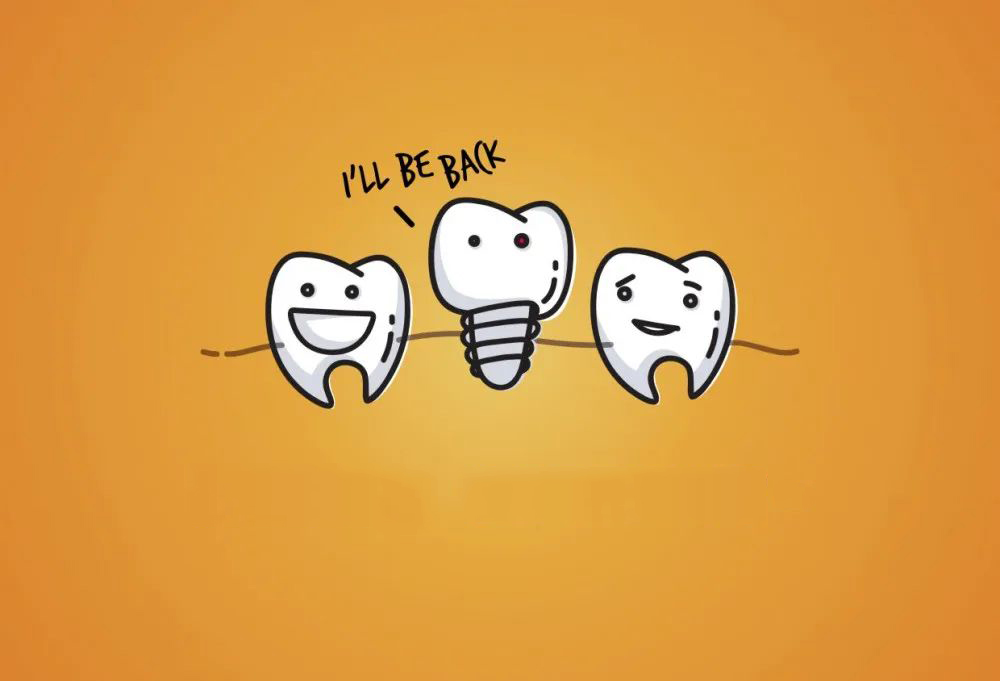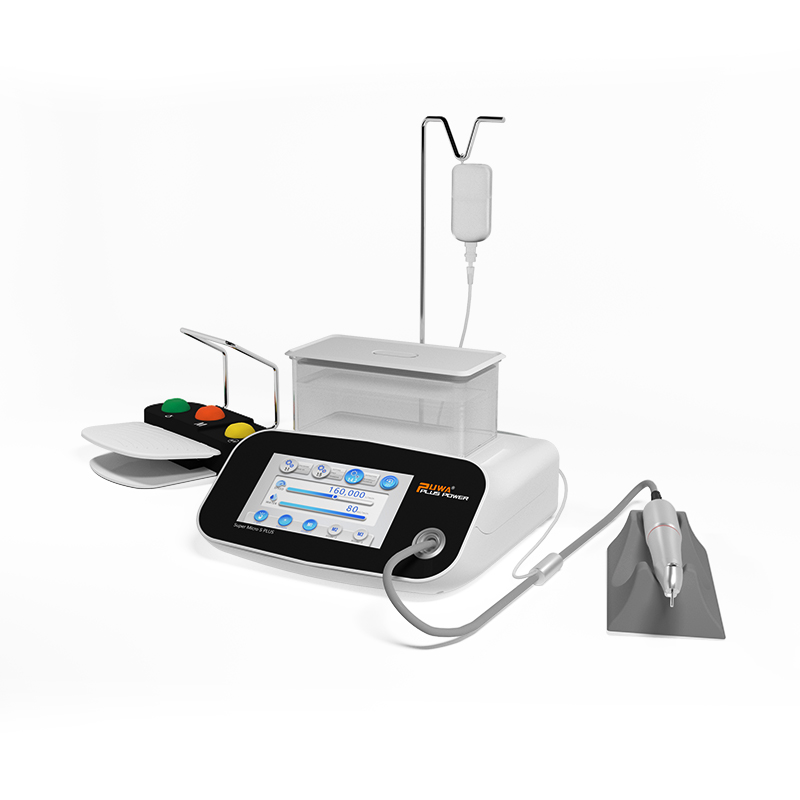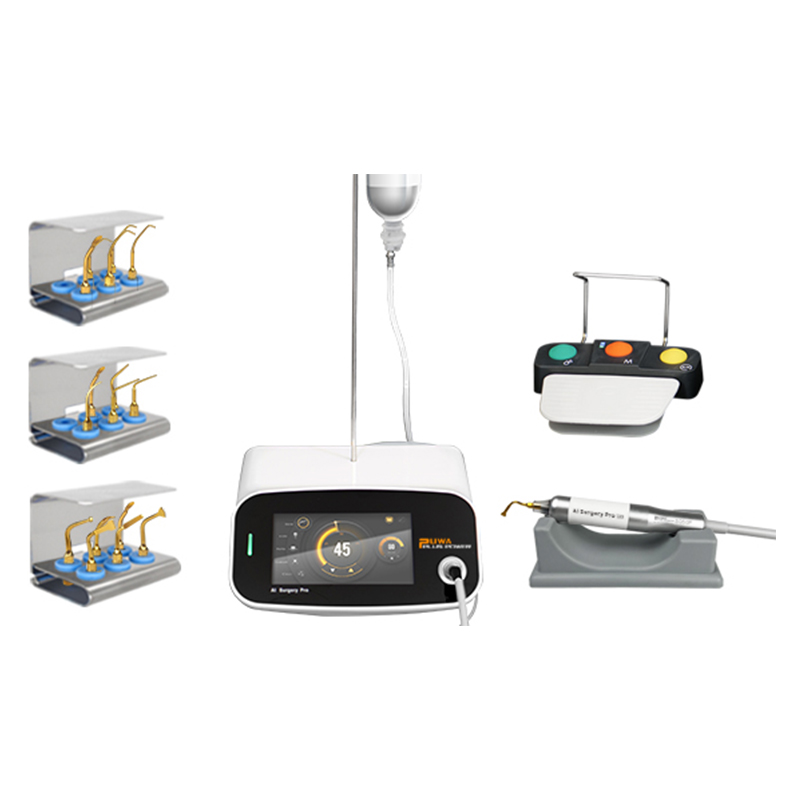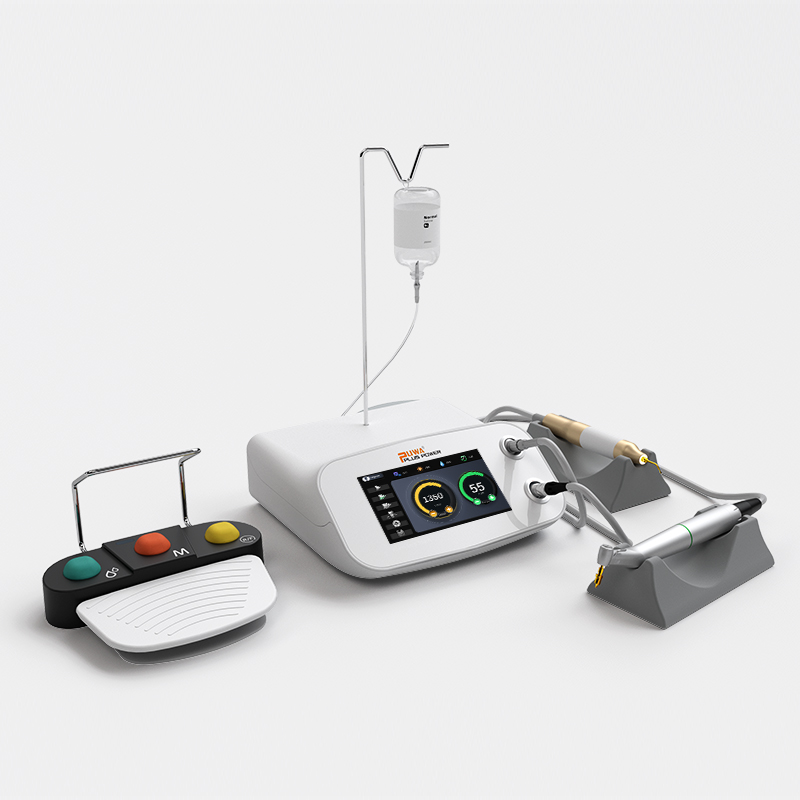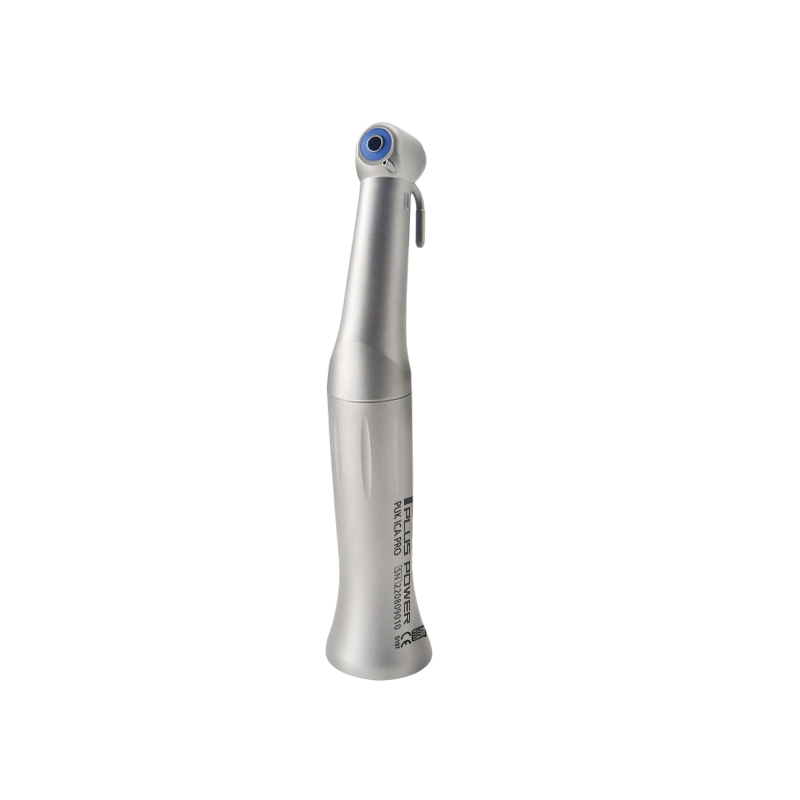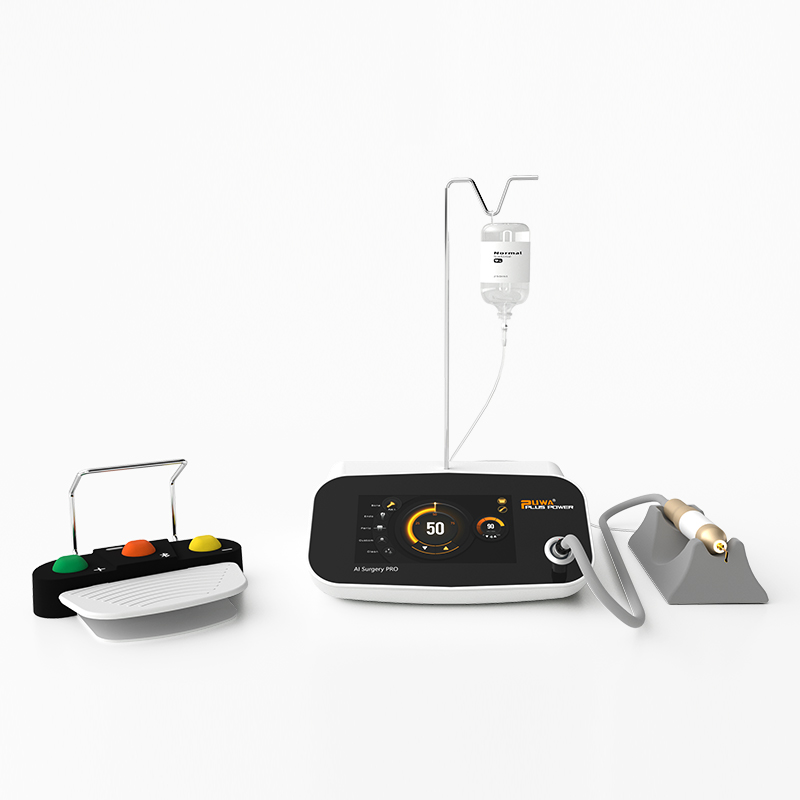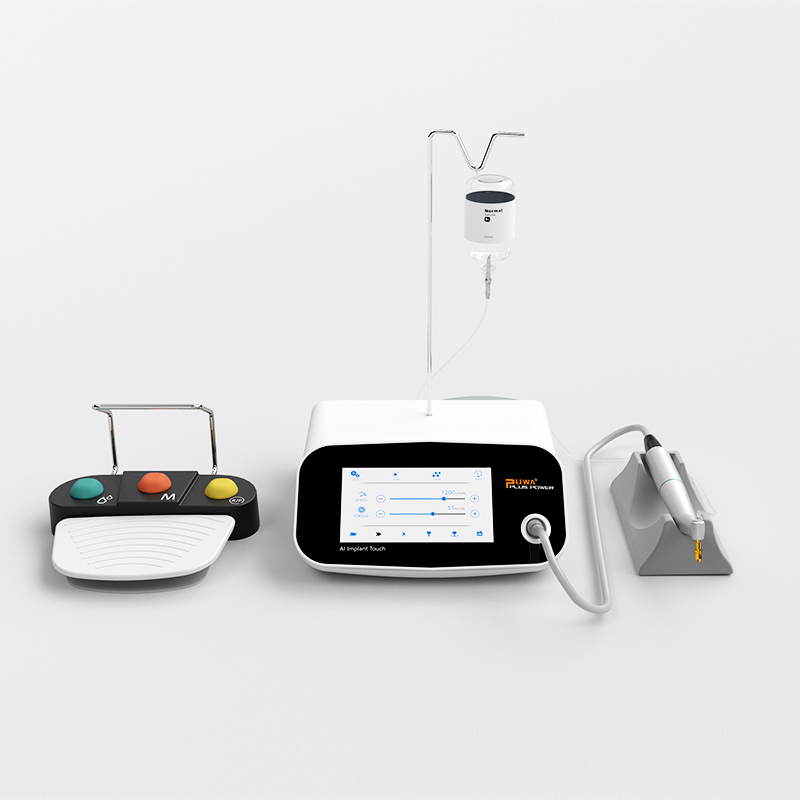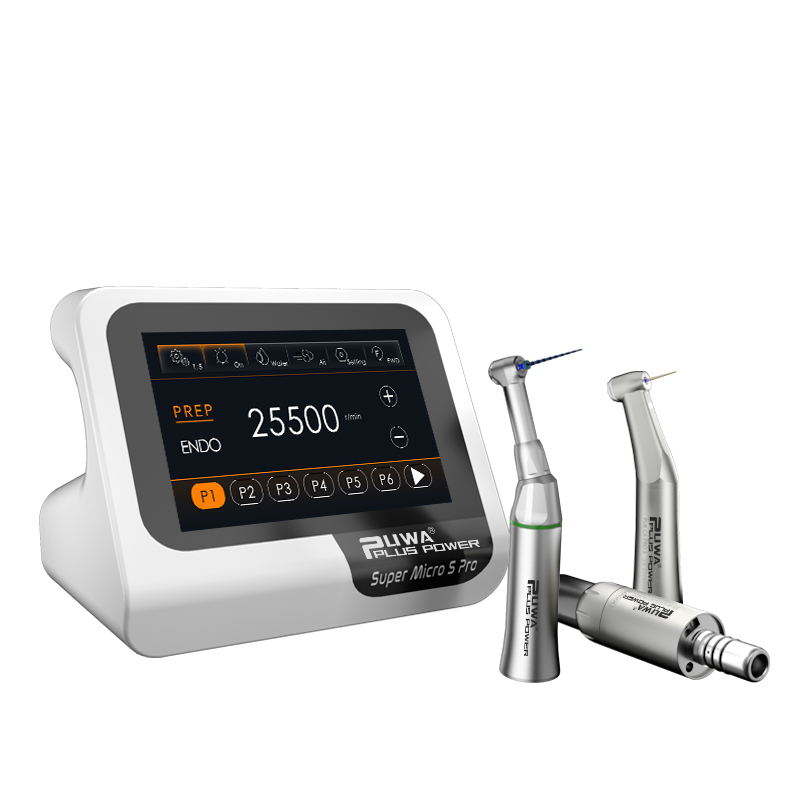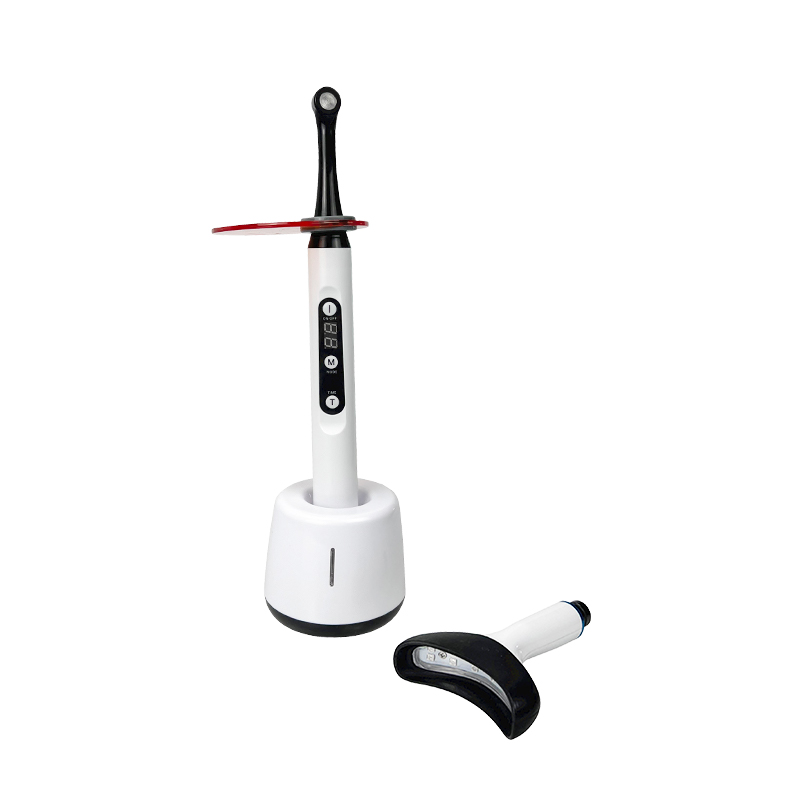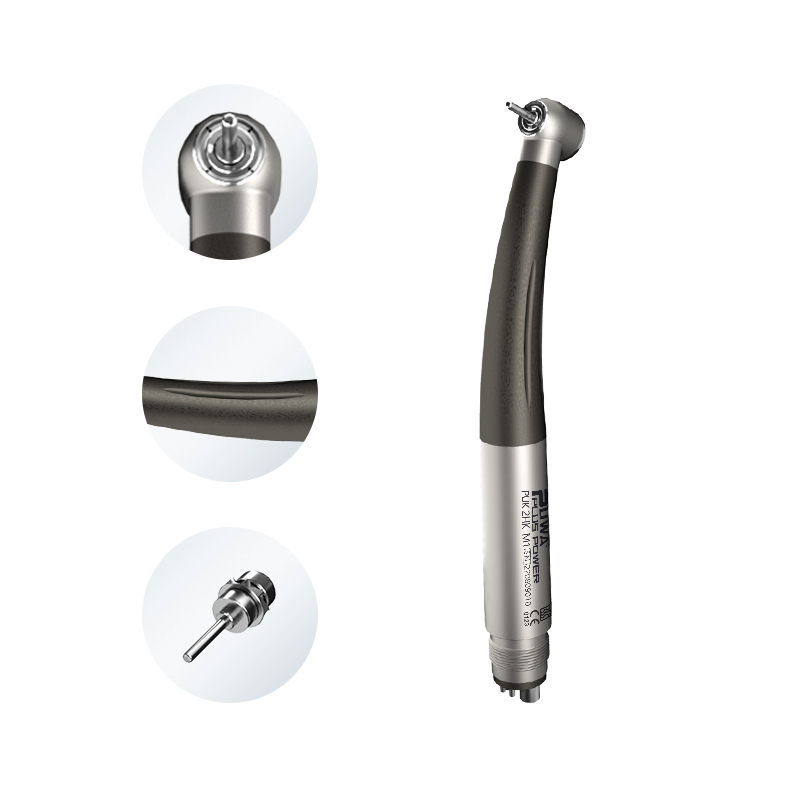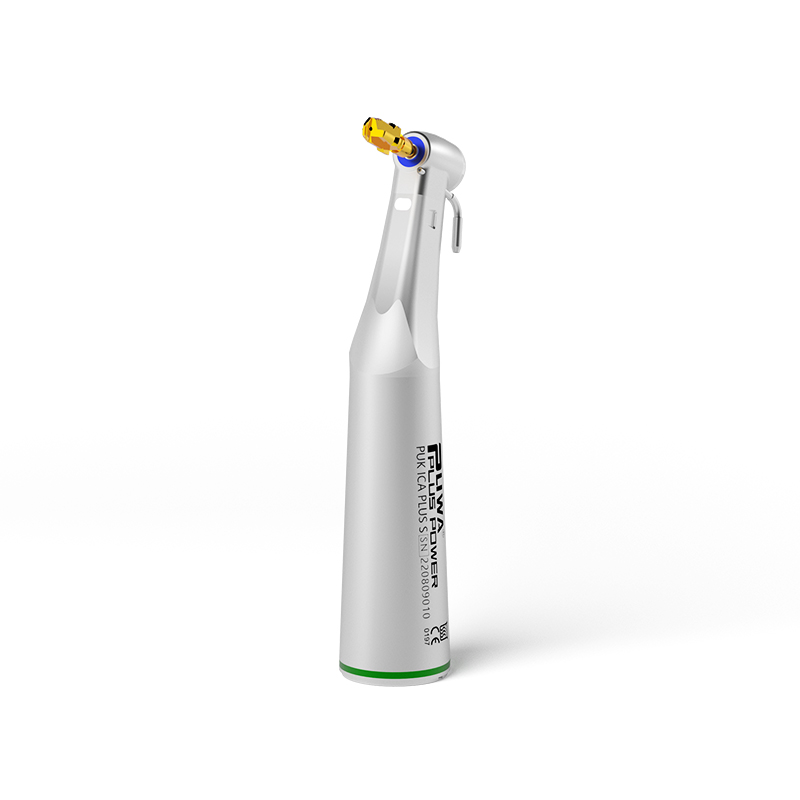Tooth loss can cause many problems, such as affecting chewing and language function, resulting in tooth displacement, bone resorption, soft tissue atrophy and other consequences. Tooth loss not only affects function and aesthetics, but also damages physical and mental health.
Are you worried about what treatment option to choose to restore your missing teeth? Do you know how long the recovery period of dental implants is? Don't worry, today, PLUS Power will teach you about dental implants.
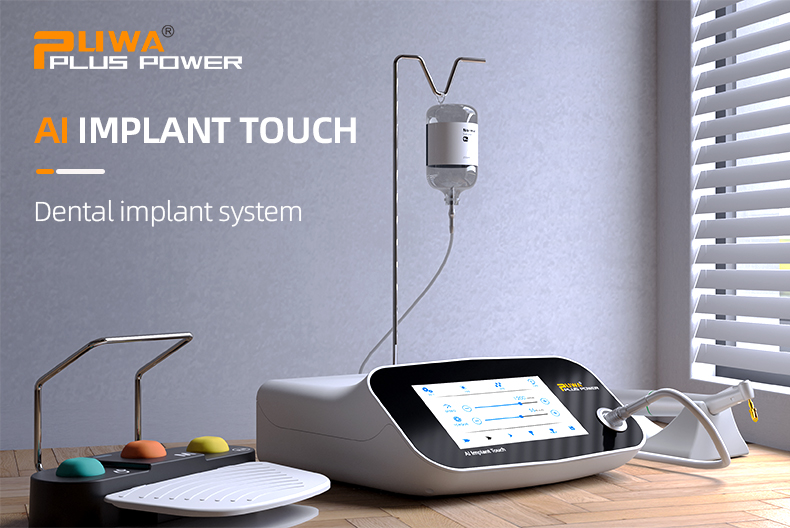
Methods of restoring missing teeth
There are three main methods for the restoration of missing teeth, namely, removable dentures, fixed dentures, and implant dentures.
Removable denture has the advantages of no surgery, short repair time, less trauma and less molars. However, it needs to be removed and cleaned, and there are also some disadvantages, such as may cause some damage to adjacent teeth, and may lead to local caries, periodontal loosening, and bone resorption in the long term.
Fixed denture has the advantages of rapid tooth restoration and good comfort, but the disadvantage is that it will lose the hardest enamel on the tooth surface, and it is difficult to clean under the bridge, which may lead to local dental caries, even periodontal problems and tooth loss for a long time.
Implant dentures date back to ancient times, when ivory was carved into the jaws in the shape of a tooth. In modern times, a variety of metal implants have been used to create teeth on implants. However, due to the limitations of implant materials, manufacturing and clinical techniques, the failure rate is high. In modern times, high-precision implants have emerged, and specially treated titanium alloys have a good adaptability to the human body.
Indications for dental implants
Oral implantation is suitable for edentulous jaw, multi-tooth loss, single-tooth loss, and poor function of removable denture.
When the alveolar bone of edentulous patients is good and there is enough implant area, implant-supported fixed restoration can achieve good functional and aesthetic coordination, but the cost is relatively high. If the alveolar bone condition is not good enough or the soft and hard tissues are missing, and the appearance is not full, implant-supported overdenture can be made. Although this kind of denture can be removed, its firmness is comparable to that of fixed denture, and the cost is lower than that of fixed denture. Secondly, it has a special support base to repair the missing tissue, the visual effect is fuller, and the appearance is younger and beautiful. At the same time, easy to remove, more convenient to clean.
Continuous multiple teeth missing, removable dentures or implant dentures can be done. Two implants could be placed at the anterior and posterior ends of the gap to complete the fixed bridge supported by implants. It is also possible to choose several implants for several missing teeth, and implant supported single crown restoration, so that dental floss can be easily used for cleaning and maintenance between teeth. If the bone condition is not good enough and bone grafting is not desired, short implants and narrow implants can be placed, and the number of implants can be increased appropriately.
The missing single tooth can be restored by implant-supported single crown, and the anterior teeth can also be restored by all-ceramic restoration with implant support.
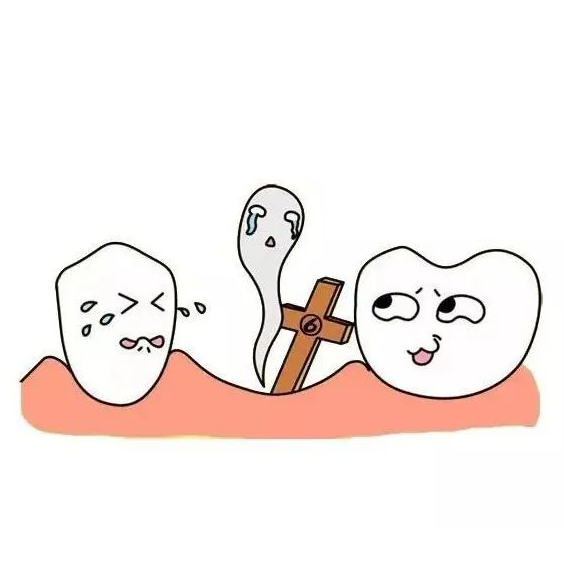
Local contraindications
Severe bone defect: if the bone graft cannot be accepted, the alveolar bone cannot accommodate the available implant, that is, it cannot be implanted.
Poor occlusion or intermaxillary relationship: it is necessary to adjust the occlusal relationship of the upper and lower jaws first, and then implant when there is enough space.
Pathological changes of the jaw.
Pathological mucosal lesions: implant restoration can be performed after treatment.
After head and neck radiotherapy: trauma or infection may affect implant osseointegration.
Sjogren's syndrome: These patients may have poor oral self-cleaning function and long-term systemic medication, which will affect implant restoration.
Uncontrolled periodontal disease or poor oral hygiene: these patients need to receive periodontal treatment before implant restoration.
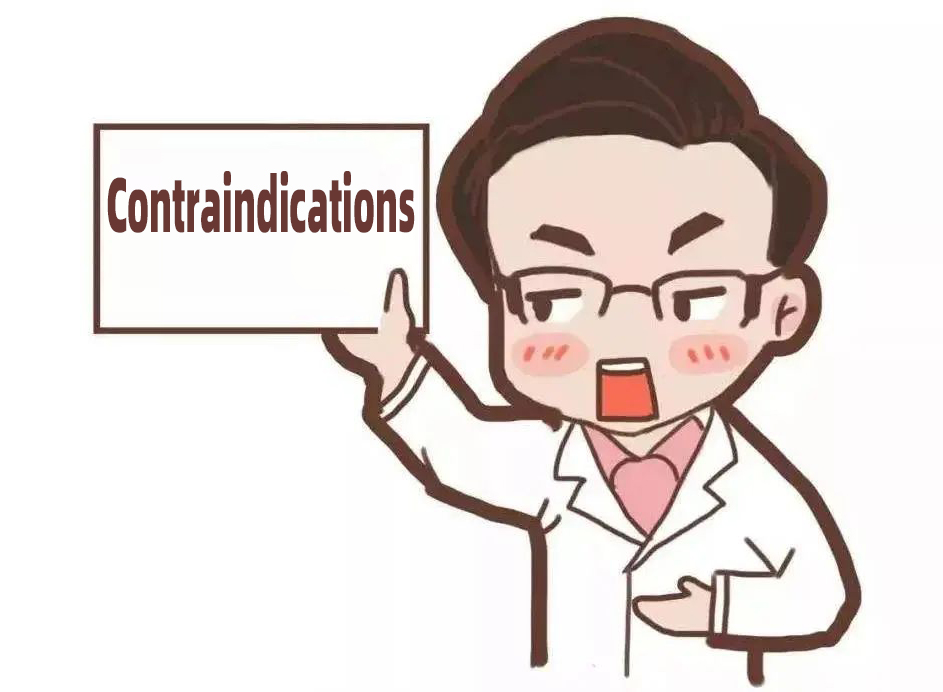
Precautions after implant surgery
Conventional implant patients, oral antibiotics for 5 days after surgery, bone graft patients may need to take antibiotics for 7 days, if necessary, intravenous infusion of antibiotics.
After the operation, you need to apply ice immediately, and after 48 hours, you can apply hot compress to reduce swelling, pain and local bruising.
Rinse well after surgery and keep the mouth clean; If oral hygiene is not well maintained, it is easy to cause local infection.
After the operation should eat cool, soft food, try not to use the surgical site to eat, do not eat hard food.
Good rest helps to recover as soon as possible.
Postoperative Diet
Hard foods (such as chips, nuts, apples, etc.), acidic foods (such as tomatoes, lemons, limes, orange juice, etc.) and spicy foods should not be eaten after surgery.
Edible: Oatmeal, noodles, rice, eggs, avocados, bananas and healthy juices or smoothies.

Are there complications associated with implantation?
Complications and postoperative reactions related to implant surgery include: infection; Damage to natural teeth, blood vessels or nerves; Local numbness, gums, lips and cheeks swelling, pain, bruising, etc. Peri-implantitis or peri-mucositis may occur after a period of use of implant restoration, which may be accompanied by local pain, redness, swelling, bleeding, special smell, and even fever. Therefore, oral hygiene should be paid attention to after implant restoration. In addition to daily maintenance, it is also necessary to carry out professional maintenance, regular follow-up examination, cleaning, etc.
How to maintain dental implants
Maintain oral hygiene and gargle 2 to 3 times a day with non-alcoholic mouthwash after surgery.
Toothbrush can not reach the place, the use of floss, gap brush, irrigator and other auxiliary to clean thoroughly.
See the dentist regularly and review at 1 week, 1 month, 3 months, 6 months and 12 months after the restoration. Thereafter, a follow-up visit every 6 months/a year is advisable.
Do not eat hard food, so as not to damage the crown and implants.
Avoid smoking.
